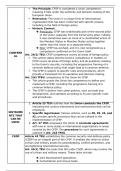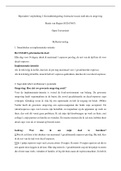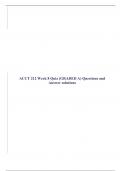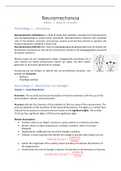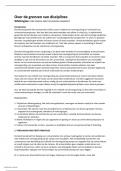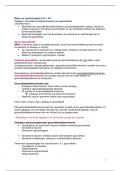Samenvatting
Summary Table: External Relations of the EU – Common Foreign and Security Policy (CFSP)
- Vak
- 00000 (C09B3D)
- Instelling
- Katholieke Universiteit Leuven (KU Leuven)
This summary table provides a concise and structured overview of the Common Foreign and Security Policy (CFSP) of the EU, highlighting the key concepts and sections such as: • Competence and Legal Bases • Member States’ Obligations • Nature, Scope & Objectives of CFSP • Horizont...
[Meer zien]
